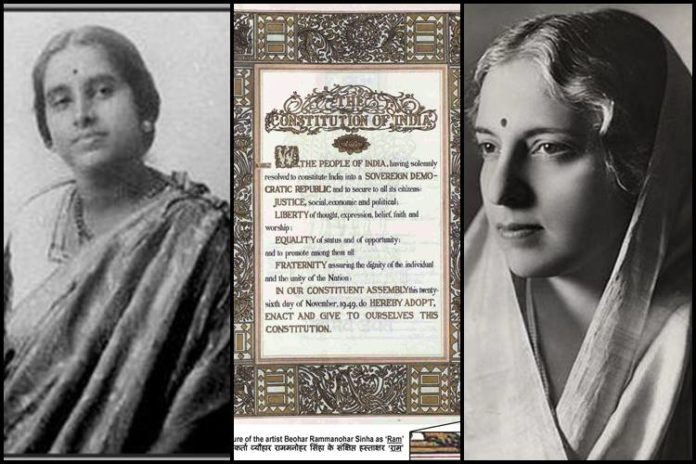
26th of January 1950, the day a new democracy was born , the day Indian saw its constitution come to being ,the day every Indian feels proud about, the day India become a republican nation. India is the largest democracy in the world and on the 26th of January 2018 the constitution of India which has various amendments and changes been done over the years., will complete years of democracy and sovereignty.
It has 448 articles,12 schedule and 98 amendments .Here You will find some interesting facts about Indian constitution that will make you speechless and here you go with the interesting facts.
- The original constitution of India was handwritten by Prem Behari Narain Raizadain a flowing italic style with beautiful calligraphy. Each page was beatified and decorated artiest from Shantiniketan.
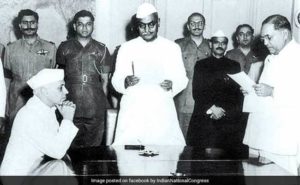
- The original copies of the Indian Constitution ,written in Hindi and English ,are kept in special helium –filled cases in the library of the Parliament of India .
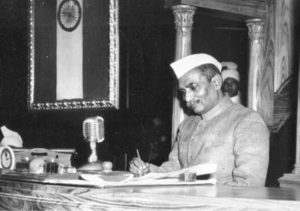
- Indian constitution is the longest written constitution of any sovereign country in the world.
- The first meet of the constituent Assembly was on December 9,1946 took precisely 2 years 11 months and 18 days to come up with the final draft .
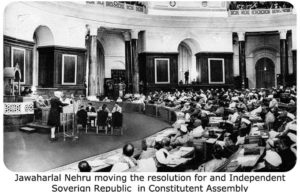
- Over 2000 amendments were made, before it was finalized.
- The handwritten constitution was signed on 24th January,1950,by 284 members of the constitution assembly which included 15 women .it come into force two days later on 26th
- Indian constitution makers took inspiration from various constitution while drafting the one for our country ,which is why The Indian constitution is often called bag of borrowings.
- The preamble to our constitution was inspired by the Preamble to the constitution of the United States of America, which also starts with “we the people “.
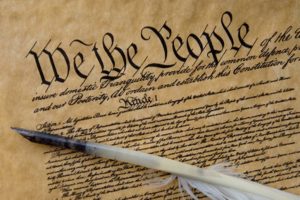
- The fundamental rights recognized by our Constitution have also been adopted from the American Constitution. The Indian Constitution recognizes nine fundamental rights as the basic human rights of all its citizens.
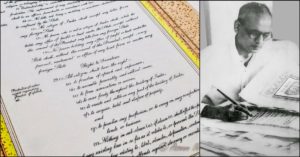
- Interestingly, in the beginning, the Right to Property was also one of the fundamental rights. The Article 31 of our constitution said that, “No person shall be deprived of his property save by authority of law.” However, the 44th Amendment, in 1978, deleted it.
-Shikha Sandhir






